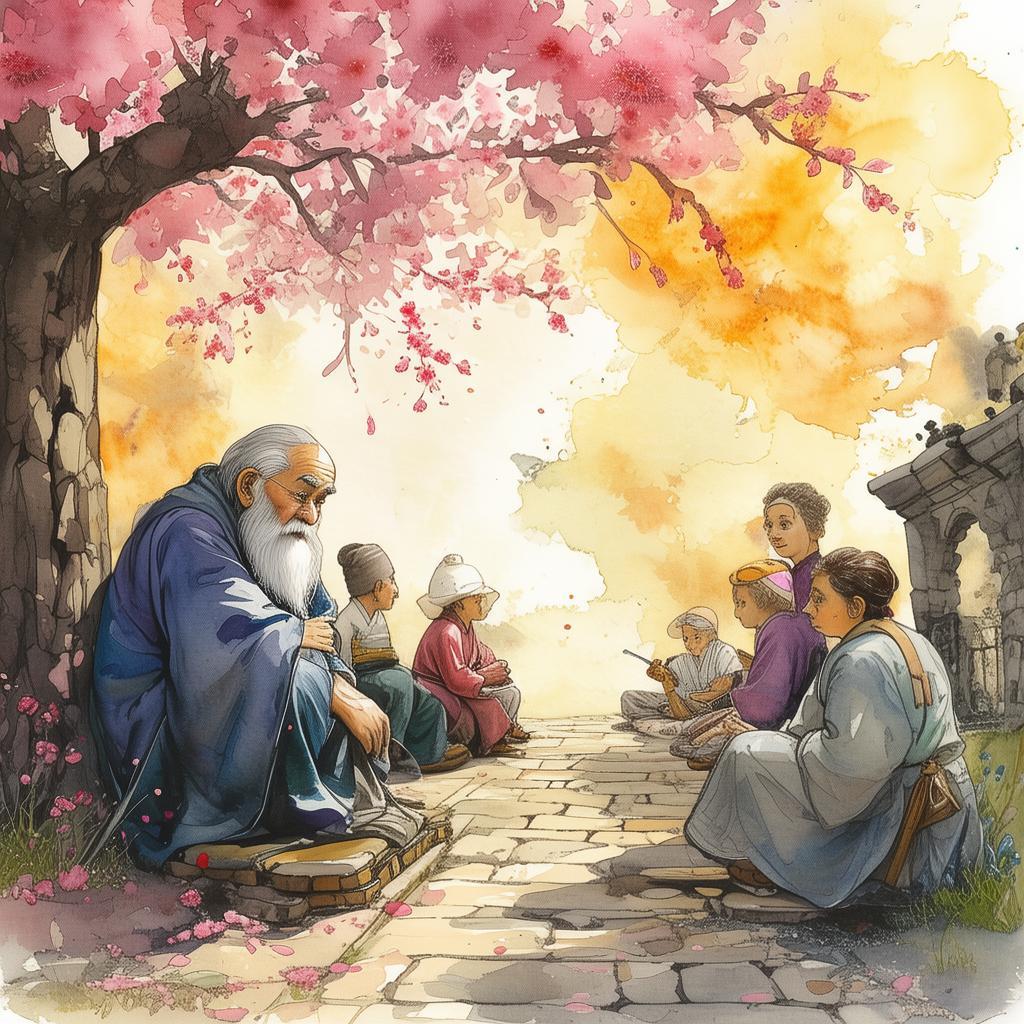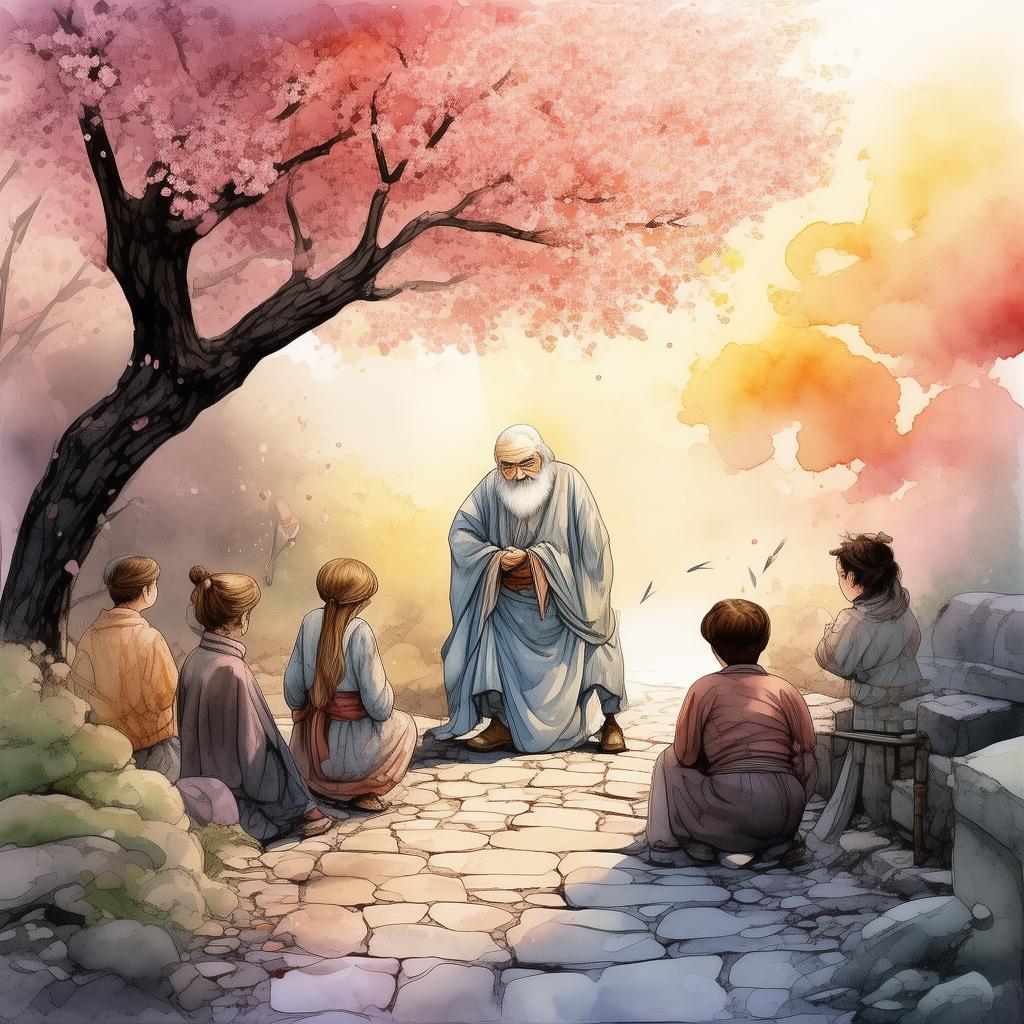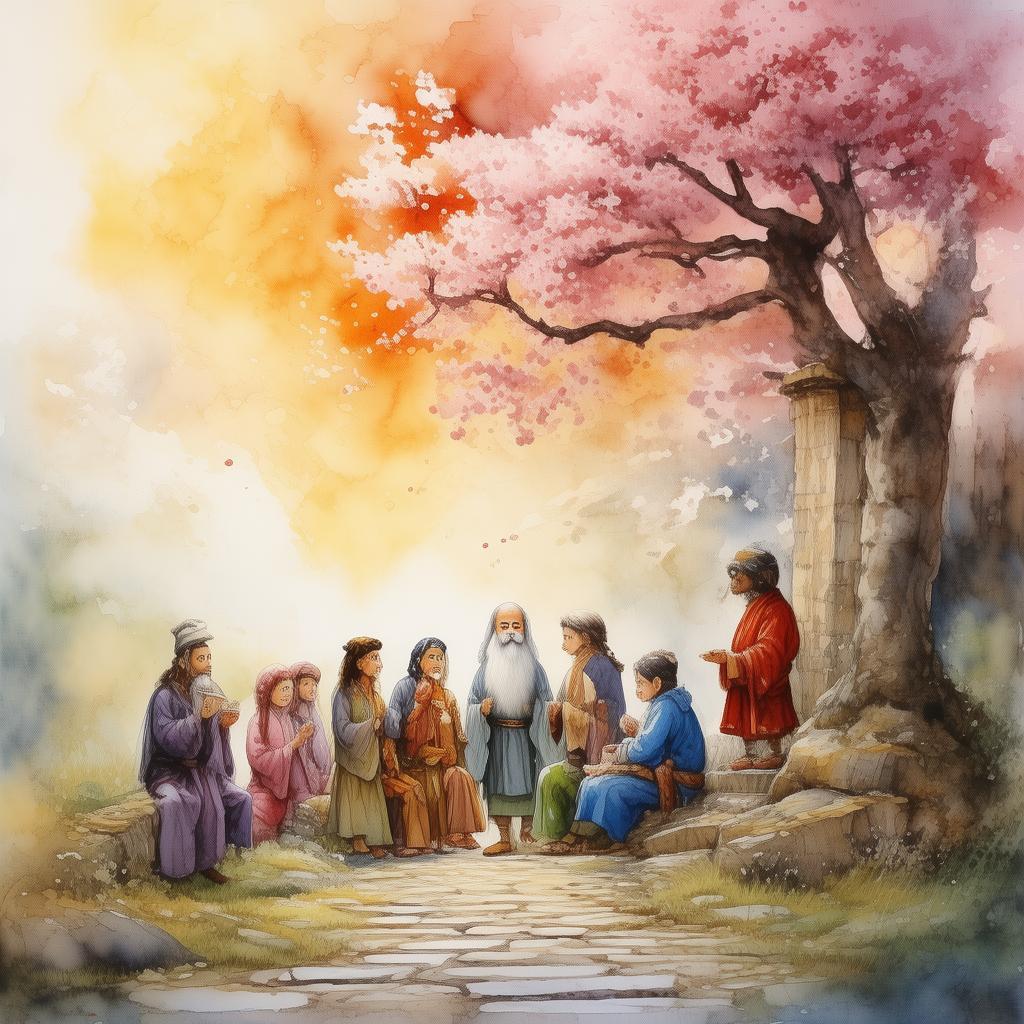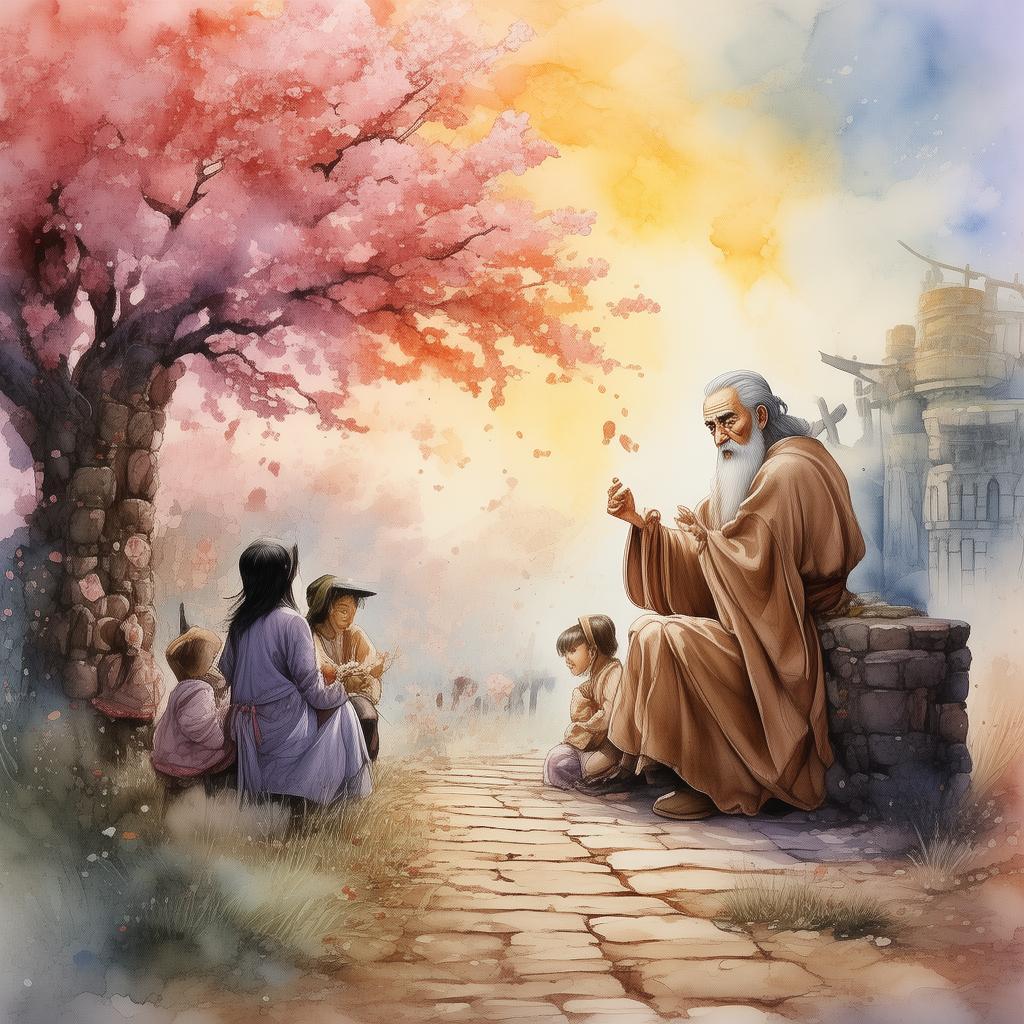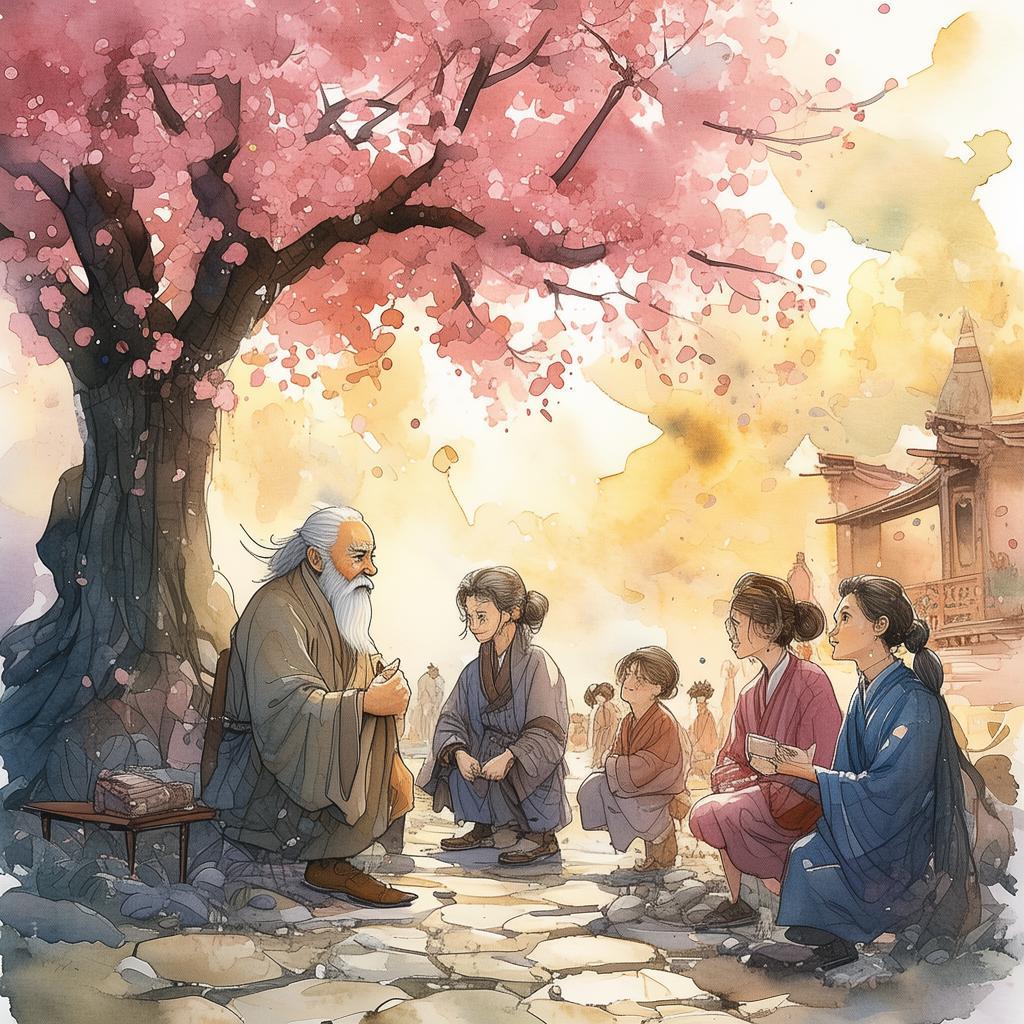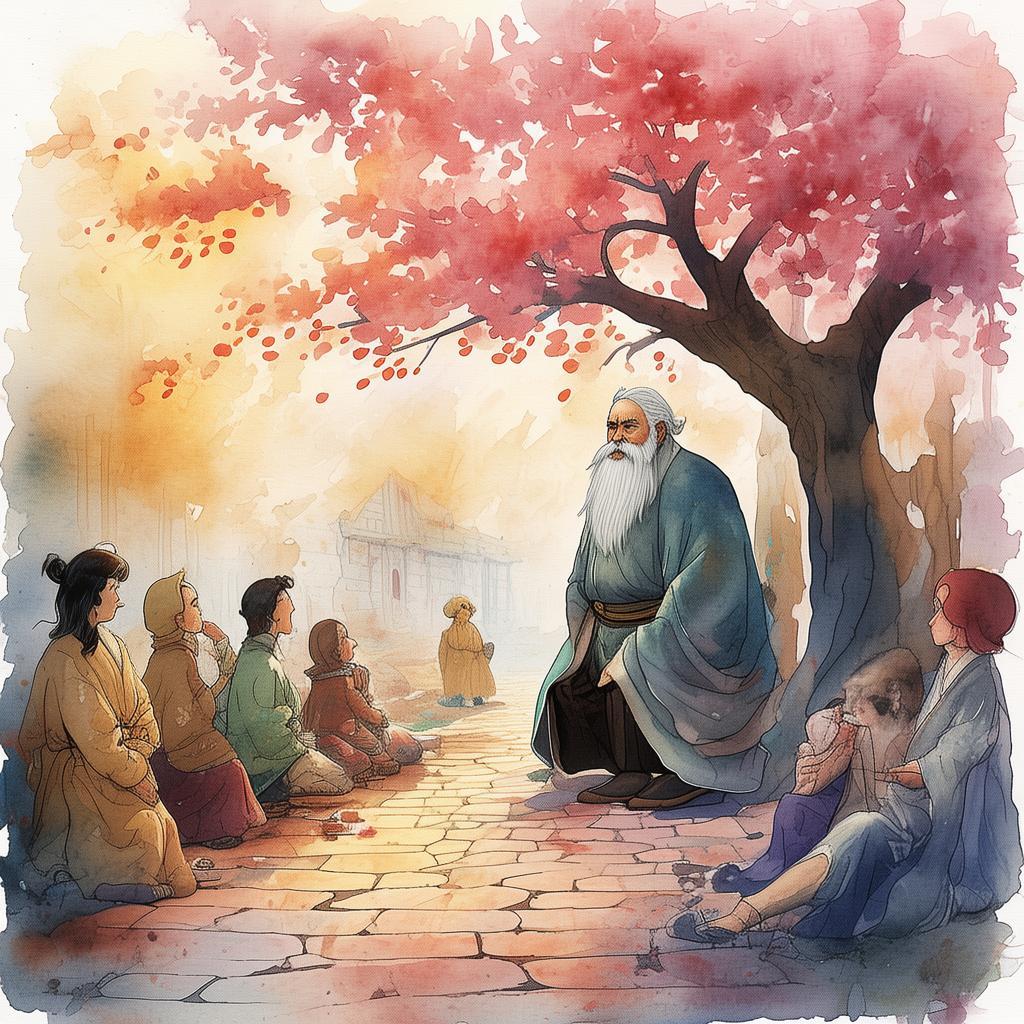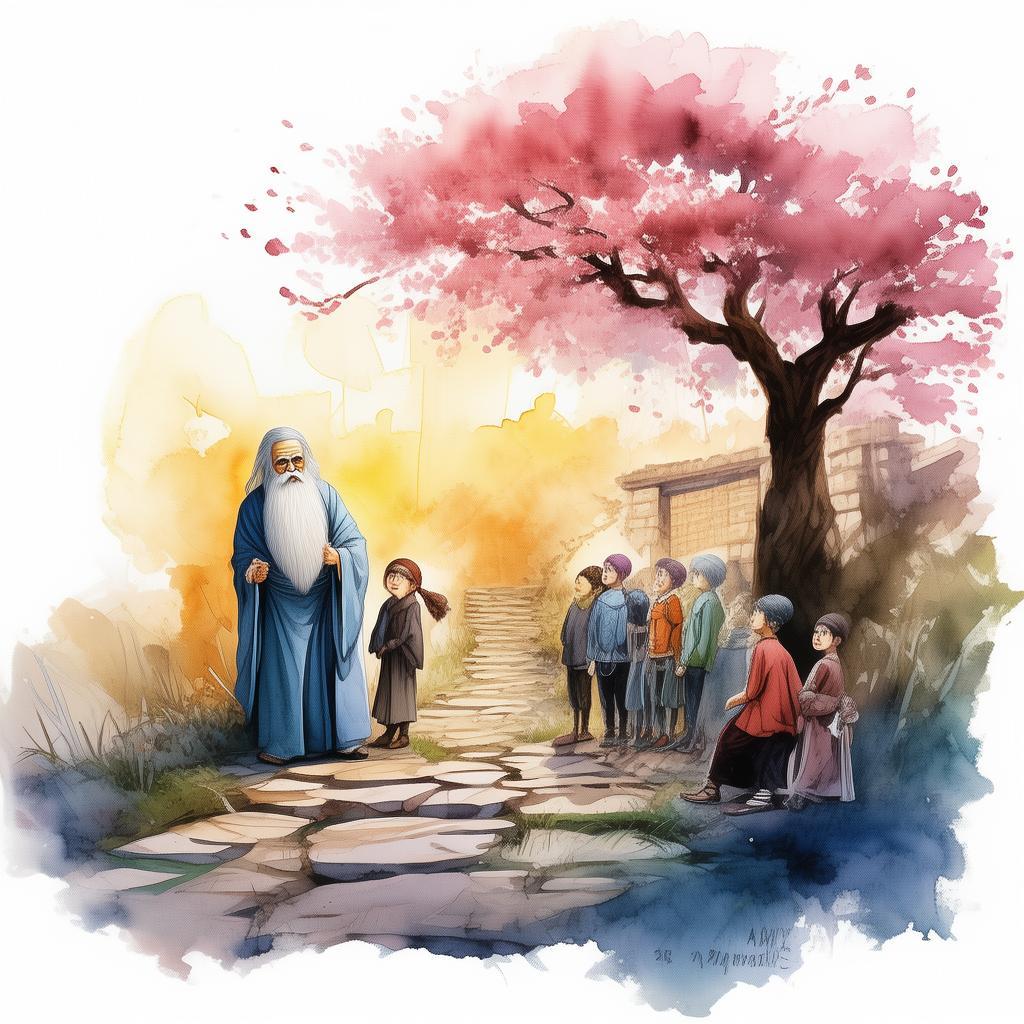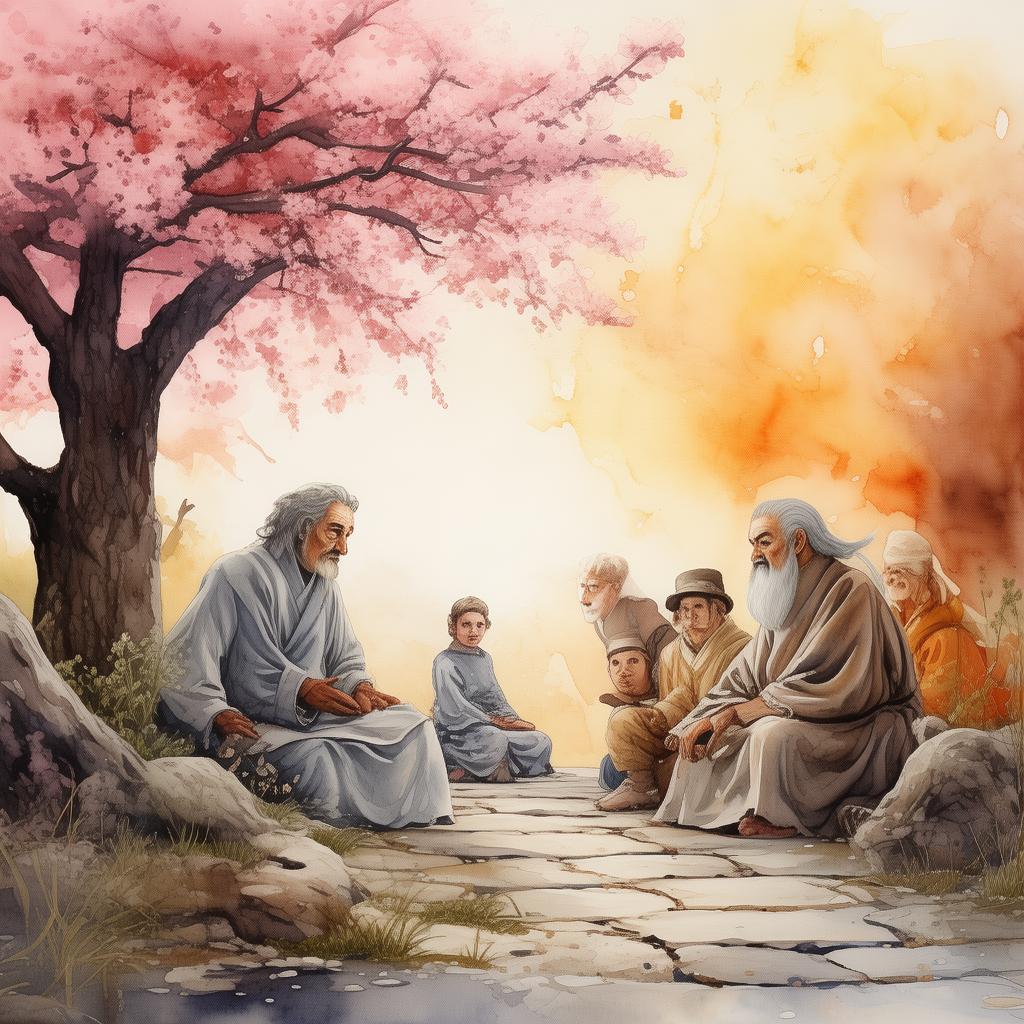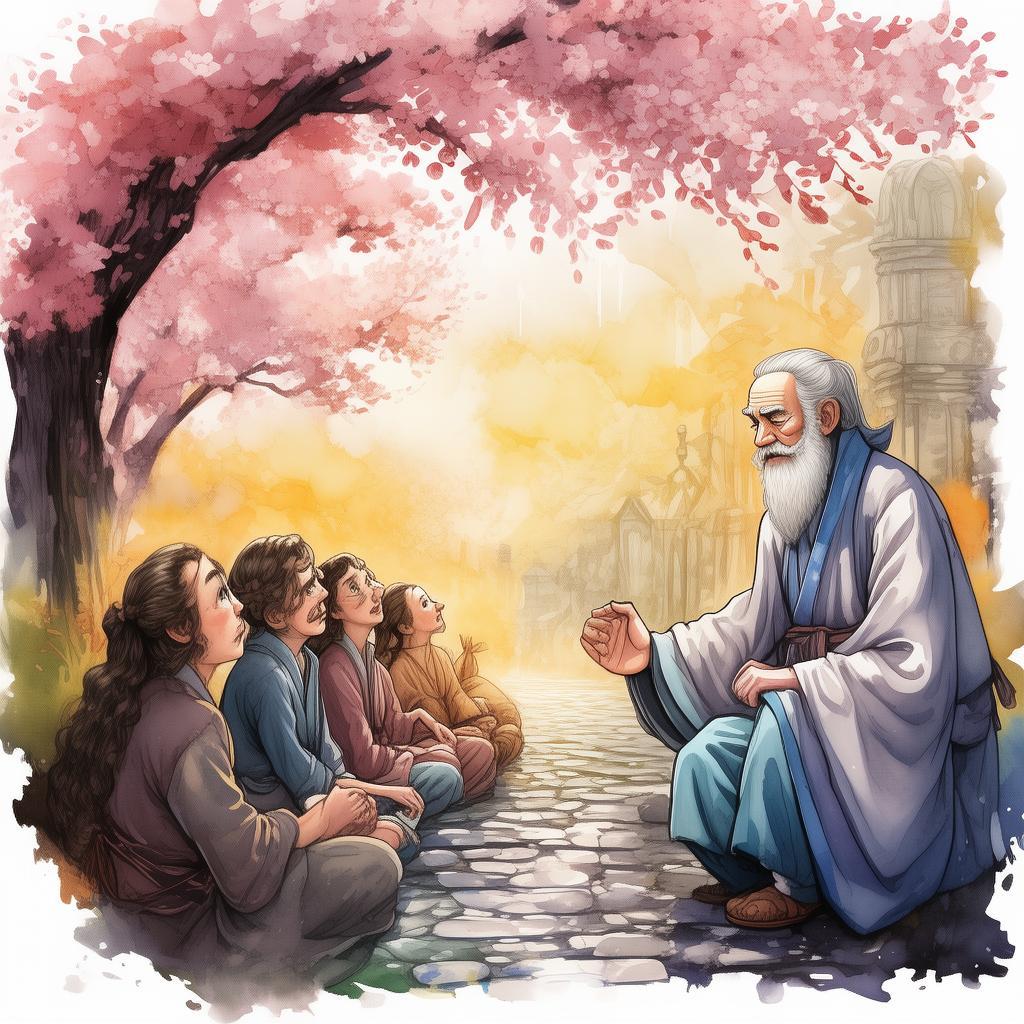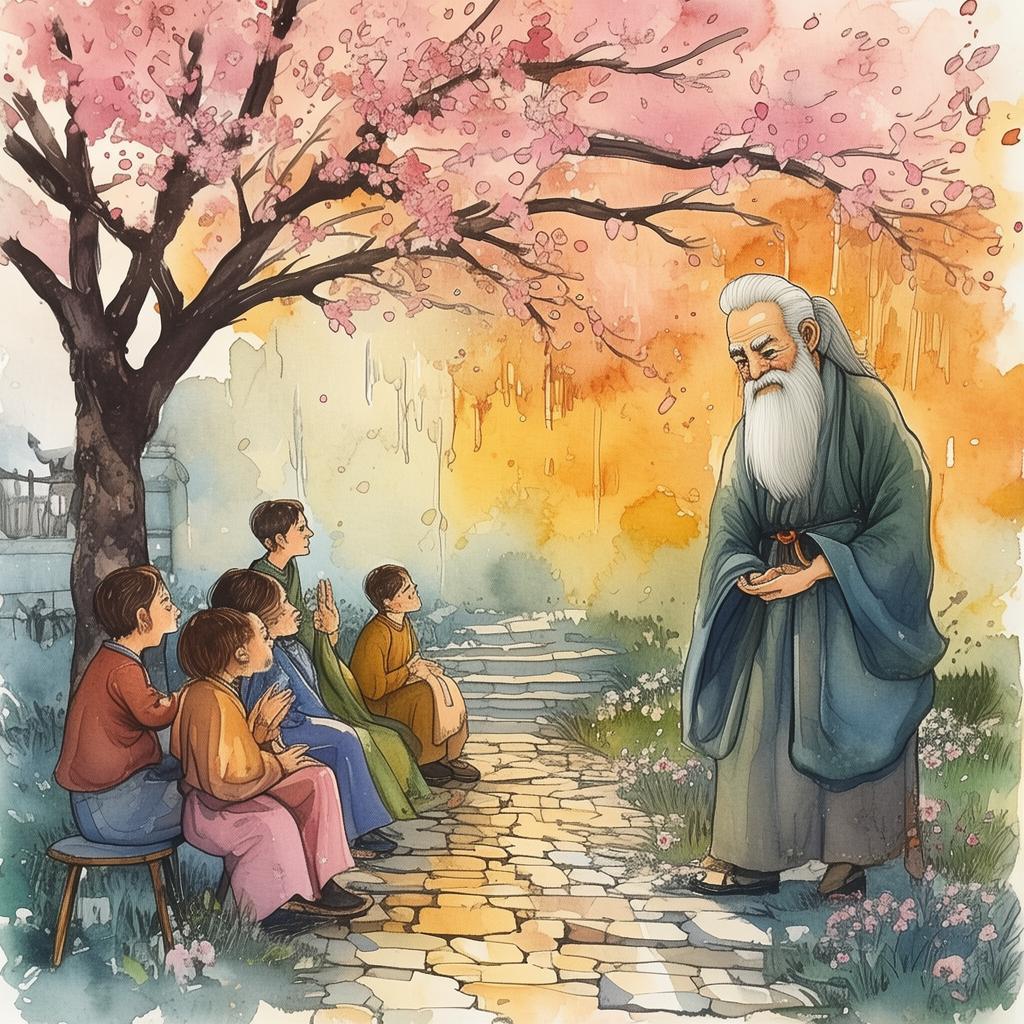Heartfelt Bread: A Tale of Love and Dough
In the quaint village of Wisteria Lane, nestled between rolling hills and an ancient oak grove, stood the small bakery known as "Hearts and Hues." It was a place where the aroma of freshly baked bread mingled with the sweet scent of blooming jasmine, creating a symphony of senses that captivated all who passed by. The bakery was the pride of the village, a place where stories were shared over steaming cups of coffee and warm, crusty loaves.
The bakery's most cherished secret lay in the hands of its head baker, an elderly woman named Eliza. She was known not just for her exquisite bread but also for her mysterious ways and the deep, knowing glances she cast upon those who dared to venture into her realm. Eliza had been baking since she was a girl, learning the trade from her own grandmother, who had learned from her grandmother before her.
Eliza's secret was the heart of the bakery, a recipe that had been passed down through generations, a recipe that only she knew. It was said that the bread she made was imbued with the essence of love and tradition, a love that was as old as the earth itself.
One crisp autumn morning, a young woman named Clara stepped into Hearts and Hues. She had come to the village for a new beginning, a fresh start away from the bustling city life that had left her heart heavy and her dreams unfulfilled. Clara was drawn to the bakery by a chance encounter with Eliza's loaves at a local farmers' market. She was enchanted by the way the bread seemed to glow with a warmth that could only come from something more than mere dough.
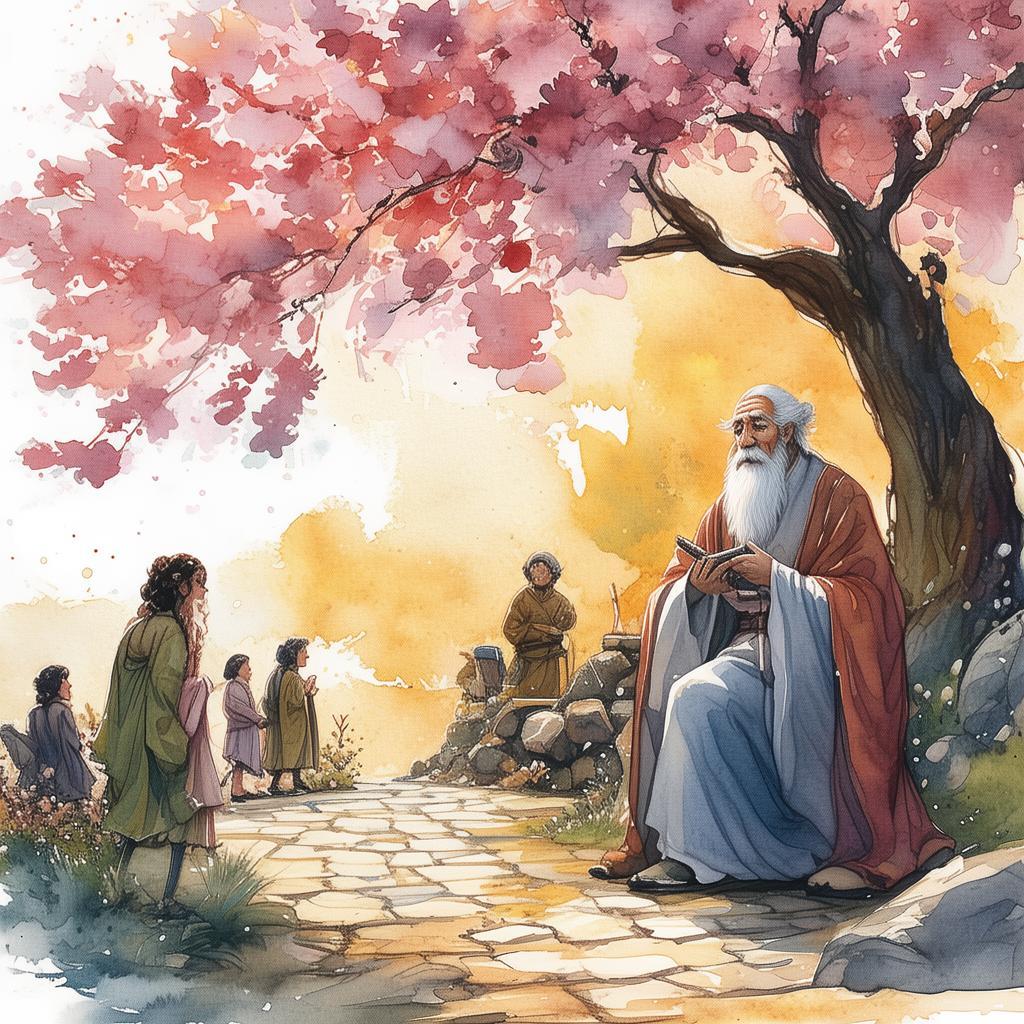
Eliza took Clara under her wing, teaching her the art of bread-making with the same gentle care she had shown to her ancestors. "Clara," she would say, "baking is more than mixing flour and water. It is about understanding the grain, about feeling its heart, and about loving it with all your being."
Clara was a quick learner, her heart full of passion and determination. She was soon able to turn out loaves that were as beautiful as they were delicious. But as the days passed, Clara noticed something strange about Eliza. She saw the old woman gazing into the distance, her eyes filled with a sorrow that seemed to reach beyond the bakery walls.
Curiosity piqued, Clara decided to dig deeper. She began to listen to the stories Eliza shared, stories of love and loss, of tradition and change. She learned that Eliza's own grandmother had passed away under mysterious circumstances, leaving behind a secret that Eliza had vowed to protect.
One evening, as Clara was rolling out dough, Eliza called her over. "Clara," she said, her voice heavy with emotion, "there is a story you must know. It is the story of my grandmother's love, and it is the key to the bakery's heart."
Eliza spoke of a young baker named Amelia, who had fallen in love with a handsome farmer named Thomas. Amelia had learned the art of baking from her own grandmother, and she believed that the bread she made was a testament to her love for Thomas. As the two young lovers' relationship grew, so did their passion for each other and for their shared love of bread.
One fateful day, Thomas was called away to fight in a distant war. Amelia promised to wait for him, to bake and to love, and to keep their love alive through the bread she made. But the war was long and cruel, and Thomas never returned. Amelia, heartbroken and alone, continued to bake, but her heart was heavy, and her bread lacked its former warmth.
It was then that Amelia discovered that Thomas had been killed in battle. Overwhelmed by grief, she baked a final loaf, one that was to be buried with him. In the heart of that loaf, she placed a note, a promise that their love would live on, that her heart would always be with him.
Eliza's grandmother had found the loaf and had buried it beside her own heart. It was from that moment on that the bakery had been a place of love and tradition, a place where the heart of the bread was as real as the bread itself.
Clara listened intently, her heart swelling with emotion. She realized that she had found her purpose, that she had been drawn to the bakery for a reason. She vowed to carry on the tradition, to keep the heart of the bakery alive.
Eliza smiled, a tear glistening in her eye. "Clara," she said, "you have the heart of a baker, and the heart of the bakery is yours to keep."
As the seasons changed and Clara continued to bake, she found that her bread was no longer just a product but a symbol of love, a testament to the enduring power of tradition. And as she shared her bread with the villagers, she knew that the bakery would continue to thrive, its heart beating strong with the love and determination of its creators.
And so, the tale of the bakery and its bread spread far and wide, a story of love, family, and the enduring power of tradition. For in the heart of every loaf, there was a piece of Clara's heart, and in Clara's heart, there was the memory of Amelia and Thomas, their love and their legacy.
✨ Original Statement ✨
All articles published on this website (including but not limited to text, images, videos, and other content) are original or authorized for reposting and are protected by relevant laws. Without the explicit written permission of this website, no individual or organization may copy, modify, repost, or use the content for commercial purposes.
If you need to quote or cooperate, please contact this site for authorization. We reserve the right to pursue legal responsibility for any unauthorized use.
Hereby declared.
